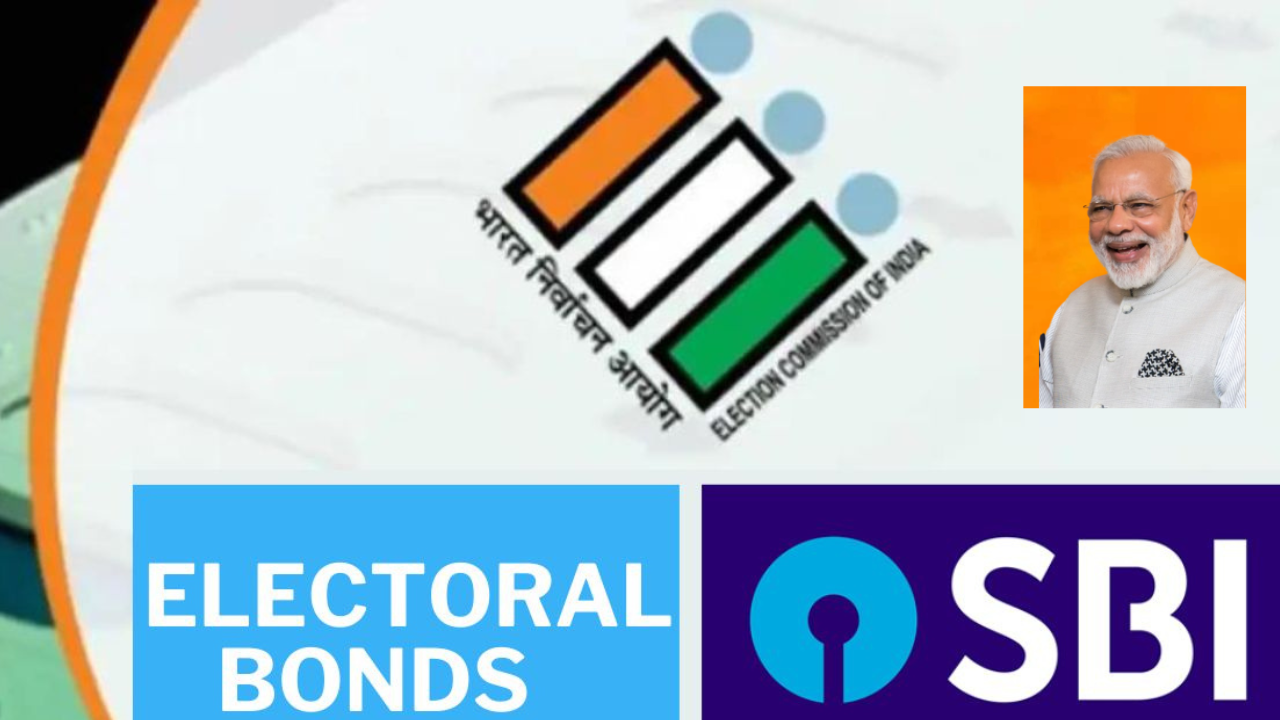In a democratic country, elections play a vital role in shaping the future of the nation. Political parties heavily rely on financial contributions to contest elections effectively. These instruments play a crucial role in political funding, influencing election campaigns, and shaping democratic processes. In this article, we delve into the concept of electoral bonds, their purpose, controversies surrounding them, and their impact on the electoral landscape.
Electoral bonds are financial instruments introduced by the Government of India in 2018 as a means to transparently fund political parties. These bonds are essentially interest-free bearer instruments used by individuals and corporate entities to donate money to political parties.
The primary objective behind introducing electoral bonds was to bring transparency to political funding. By channeling donations through these bonds, the government aimed to curb the use of black money and promote accountability in political funding.
They can only be purchased from authorized banks during specific periods as specified by the government. The purchaser can then donate the bonds to the party of their choice by transferring them to the party’s registered account. The identity of the donor remains anonymous, ensuring privacy and preventing any potential repercussions. Political parties can encash these bonds only through designated bank accounts within a specified time frame.
Despite the government’s intentions to promote transparency, electoral bonds have faced criticism and controversy. Opponents argue that the anonymity of donors undermines transparency and accountability in political funding. There are concerns about the potential influence of corporate interests on political parties, leading to policy decisions favoring certain entities over the public interest.
Electoral bonds have had a significant impact on the electoral landscape of India. Political parties rely on these bonds for funding their election campaigns, leading to questions about the influence of big donors on political agendas. The anonymity of donors has raised suspicions about the legitimacy of political funding and the potential for corruption.
Challenges and Criticisms While electoral bonds have been introduced with good intentions, they have also faced criticism and challenges. Some of the concerns raised include:
- Lack of Transparency: Despite aiming to promote transparency, electoral bonds have been criticized for failing to disclose the identity of donors. This loophole can potentially allow illicit funds to enter the political arena.
- Influence of Corporations: Critics argue that electoral bonds may provide corporations with undue influence over political parties. Large donors can potentially exert pressure on parties to further their own interests, compromising the democratic process.
- Exclusion of Small Donors: Electoral bonds primarily cater to large donors, as they involve significant amounts of money. This exclusion of small donors can lead to a concentration of power in the hands of a few wealthy individuals or organizations.
Electoral bonds represent a unique attempt by the Indian government to reform political funding and enhance transparency in the electoral process. While they aim to curb the influence of black money, electoral bonds have sparked debates over their effectiveness and implications for democracy. By ensuring a level playing field and maintaining the integrity of the electoral process, we can bolster our democratic principles and enable the voice of the common citizen to be heard.






